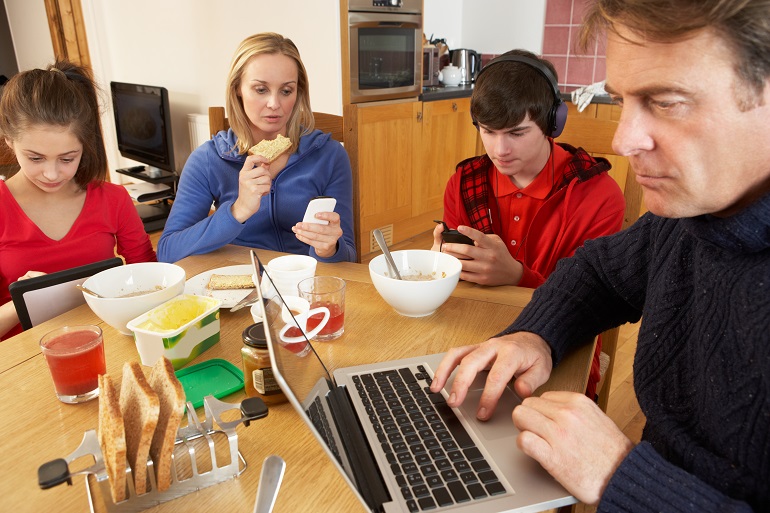 As the author of a book on the impact of technology on children and families, Raising Generation Tech, I have a strong professional interest in the role that the myriad of devices and screen time now found in the hands of children and their parents alike plays in the development of young people and the evolution of family life.
As the author of a book on the impact of technology on children and families, Raising Generation Tech, I have a strong professional interest in the role that the myriad of devices and screen time now found in the hands of children and their parents alike plays in the development of young people and the evolution of family life.
As the father of two “tweens” and a keen observer of them and their ever-growing and influential social world, I have an even stronger interest in this relationship because it plays out before my eyes in their personal development, our family’s dynamics, and the interactions they have (and don’t have) with their peers.
As a matter of full disclosure, I hold a bias toward the dangers over the benefits of tech usage and screen time for my children. Both of my daughters attend a Waldorf school in which the use of technology in the classrooms is almost nonexistent until seventh grade. At home, our daughters don’t watch TV, play on computers or tablets, or have smartphones. My wife and I certainly use technology constantly throughout the day, but let two rules guide our use of devices:
- Technology should be used as a tool, not a toy.
- Technology should be the exception, not the rule.
Though I hold this bias against too much technology in a family, I am also a realist and understand that the “train has left the station” and it will never return. The goal is not to take technology away from kids, but rather to teach them (and ourselves) to develop a healthy relationship with it.
Having said all that, I came across two articles–both thought provoking–that present mostly opposing positions on the relationship between technology and families. The first article, by the noted psychologist and author, Dr. Jean Twenge, argues that smartphones and social media are radically changing childhood for the worse and the implications of these changes are dramatic and harmful in the long run.
The second article by Alexandra Samuel, a technology writer, argues that the relationship isn’t quite so clear or Armageddon-like as Twenge suggests. Moreover, she presents the intriguing observation that it’s not the kids who are getting screwed up by technology, but rather it’s their parents who are the biggest victims of their devices. In sum, Ms. Samuel suggests that parents are using technology as a means of avoiding the drudgery and challenges of raising children.
Oddly, I agree with both writers’ perspectives. What do you think?



